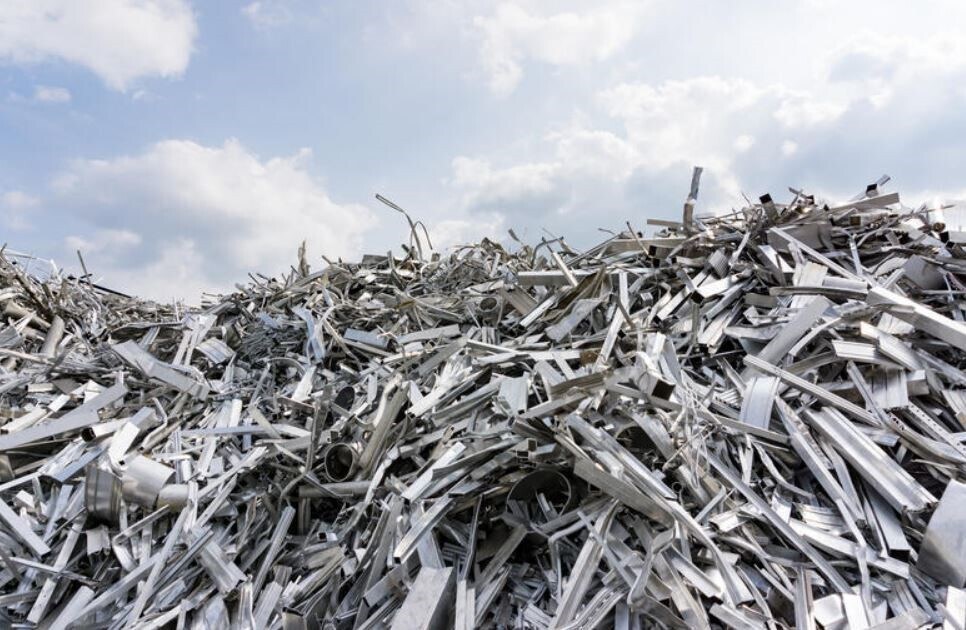Across Sydney’s leafy eastern suburbs, a quiet revolution is unfolding in the early morning hours. While most residents sleep, a dedicated group of elderly Australians begins their daily hunt through yellow-lidded recycling bins, transforming discarded containers into essential income. This isn’t a hobby or environmental crusade—it’s economic survival in modern Australia, where rising living costs have pushed retirees into an unexpected line of work that combines necessity with ingenuity.
Armed with gloves, bags, and shopping trolleys, these silver-haired entrepreneurs have discovered that one person’s trash truly can become another’s treasure, earning vital dollars through NSW’s Return and Earn recycling scheme while facing territorial disputes, legal gray areas, and personal dignity in their golden years.
The Economics of Survival
The mathematics of modern retirement has forced many elderly Australians into creative income solutions. Through NSW’s Return and Earn scheme, which offers 10 cents per eligible container, dedicated collectors can earn substantial supplementary income. Liz Lee, 79, and her partner, Julie Griffin, 63, demonstrate the earning potential by generating $40.10 from three hours of work, with exceptional days yielding $80 in a single morning.
Ricky, a 65-year-old former baker from Switzerland, has refined the process into a systematic operation, earning approximately $150 weekly through three dedicated collection days. Her Tuesday shifts—strategically timed before municipal collections—represent prime hunting opportunities when bins overflow with weekend consumption remnants.
Since its 2017 inception, the Return and Earn scheme has distributed over $1.3 billion in refunds, with a record 10.3 million containers processed on December 23 alone. This success reflects both environmental consciousness and economic desperation, as two-thirds of eligible containers now find their way back into the recycling system.
The Daily Grind of Urban Foraging

Container hunting demands physical stamina, strategic thinking, and emotional resilience. Collectors begin their rounds at 6:15 AM, racing against both municipal trucks and competing fossickers who claim territorial rights over specific neighborhoods. The work involves hazards ranging from razor-sharp glass fragments to decomposing food waste, with experienced hunters developing sophisticated equipment setups including double-layered gloves and specialized trolleys.
The unpredictability adds both challenge and excitement to the endeavor. As Ricky explains, “Every yellow lid is like a box of chocolates, you never know what you get in there”. Some bins yield disappointing banana peels, while others contain jackpots of aluminum cans or premium bottled water containers.
Territorial dynamics have intensified as more seniors join the ranks. Lee observes increasing competition, noting that established hunters now encounter rivals working from opposite street ends, creating an intricate dance of collection routes and timing strategies.
Legal Boundaries and Social Stigma
The legality of bin fossicking exists in a complex gray area that varies by location and circumstances. While kerbside collection generally falls within acceptable bounds, accessing bins on private property constitutes trespassing. Collectors must navigate council bylaws, resident complaints, and potential fines ranging from $200 to $2,000, though enforcement remains inconsistent.
Social stigma presents an equally challenging obstacle. Lee deliberately avoids her own neighborhood, explaining her embarrassment about neighbors witnessing her activities. Having once owned five properties with her late husband, she reflects that “He would turn over in his grave if he saw me going through the bins.”
The psychological journey from shame to acceptance represents a common experience among collectors. Ricky describes the evolution: “In the beginning, you feel sort of ashamed… Then you get to the point of ‘Who cares?'”
A Growing Movement
This phenomenon reflects broader economic pressures facing Australia’s aging population. Job losses during COVID lockdowns, persistent ageism in employment, and inadequate pension systems have created conditions where recycling becomes essential rather than optional. The demographic skews heavily toward women in their 50s, 60s, and 70s, many of whom lost traditional employment opportunities and discovered limited alternatives.
Community responses vary from hostility to cooperation. Some residents threaten police calls, while others leave bags of containers on porches for regular collectors. At processing centers, experienced hunters often assist newcomers, creating informal support networks within the broader community of urban foragers.
The Return and Earn scheme, while not officially endorsing fossicking, has inadvertently created an economic lifeline for vulnerable seniors. As living costs continue rising and pension adequacy remains questionable, this silver recycling revolution represents both individual resourcefulness and systemic failure—a testament to human adaptability in the face of economic hardship.

